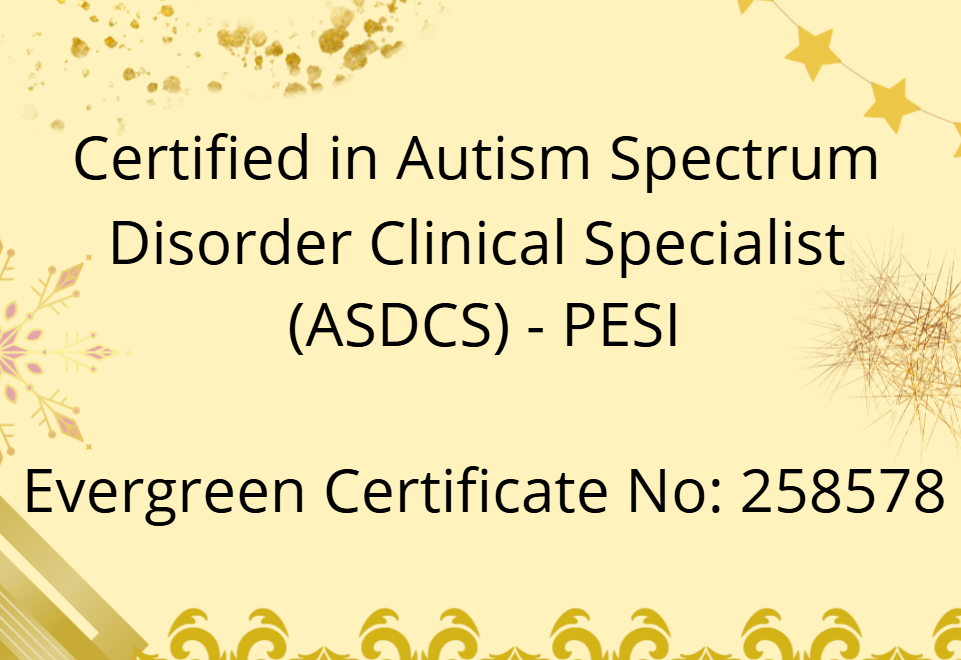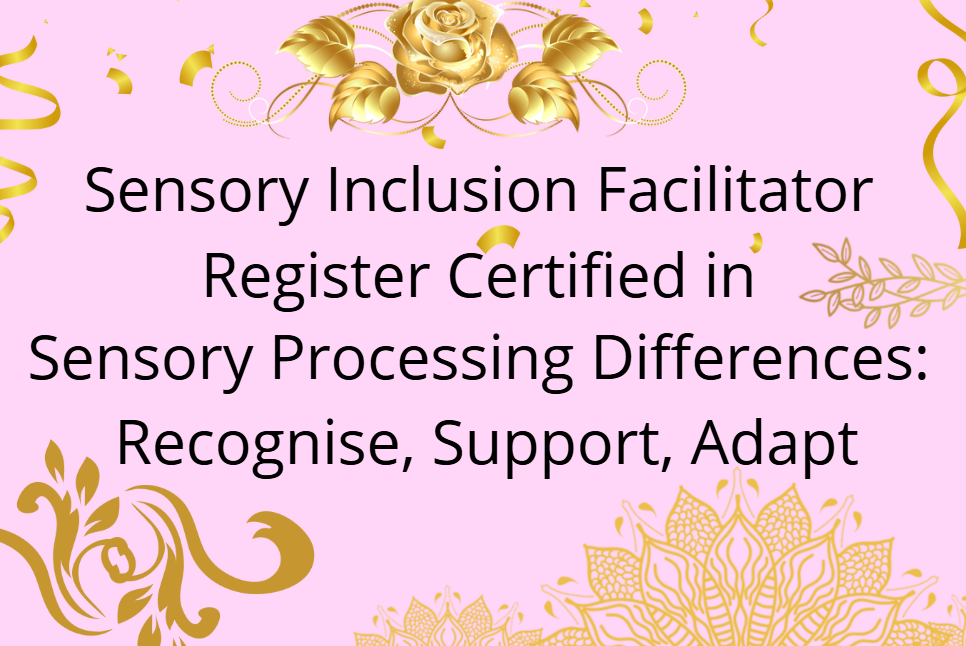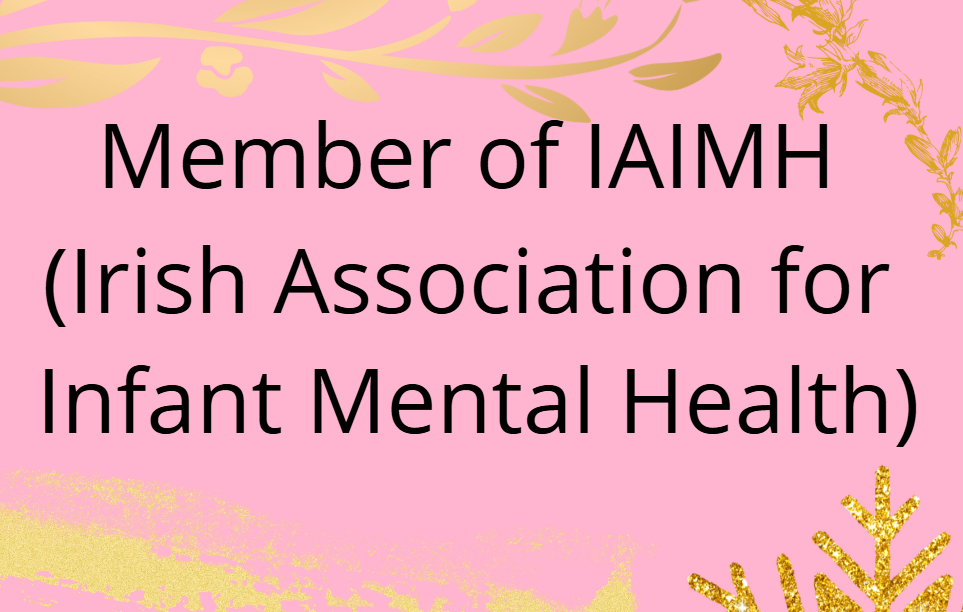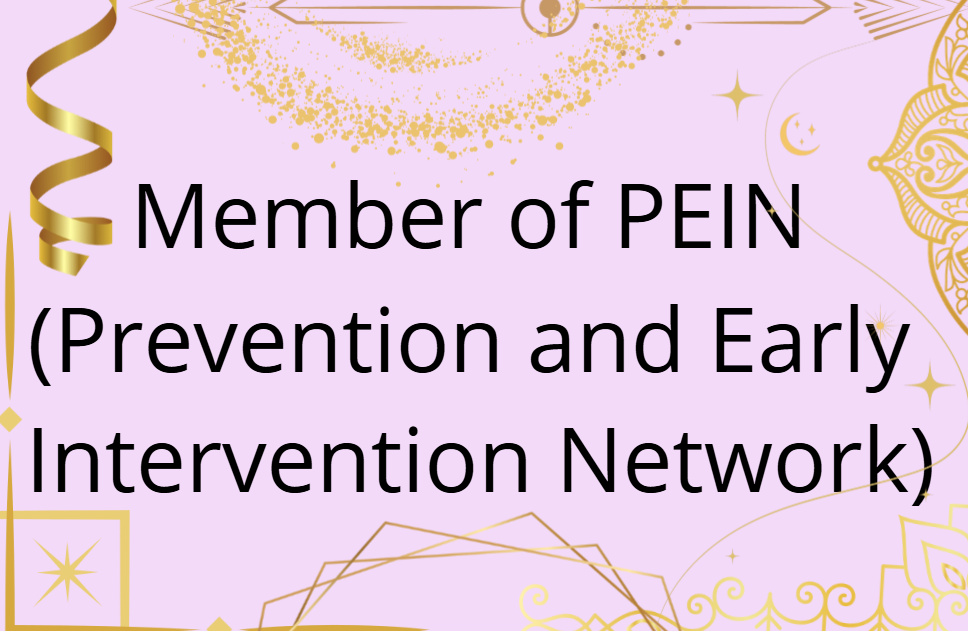Tummy Time and the Moro Reflex: Helping Your Baby Grow Strong

Author: Kristina Rautek Potocnik, BA (Hons) Ed. Rehab., HDip Early Childhood Studies, MA Early Intervention & Inclusion, Cert. Play Therapy | SI | ASD | Reflexes | ABA, ongoing MSc SLT
The first year with your baby is full of special moments and new experiences. One important activity during this time is tummy time. This means placing your baby on their stomach while they are awake and you are watching them. Tummy time may look simple, but it is very important for your baby’s growth and brain development.
Babies are born with a reflex called the Moro reflex. This is a sudden movement your baby makes when they feel surprised or unsafe. They throw their arms and legs out and then pull them back in. It can happen if your baby hears a loud sound or if their head moves backward. This reflex usually goes away between four and six months of age. It is a normal part of development and shows that your baby’s nervous system is working.
Tummy time can help your baby’s body become stronger. When babies lie on their tummies, they use their neck, shoulder, and back muscles. These muscles help them later with rolling, sitting, crawling, and standing. Tummy time also gives your baby new things to see and feel. This helps the brain learn and grow.
Tummy time also helps with the Moro reflex. As your baby gets stronger and moves with more control, they start to feel safer in their body. This helps the Moro reflex become less active and disappear at the right time. Stronger muscles and a calm nervous system go hand in hand.
Some babies do not like tummy time at the beginning. This is normal. You can help your baby enjoy it by lying down close to them, talking or singing softly, or placing a small toy or mirror in front of them. If your baby is upset, try tummy time on your chest instead of the floor. Choose a time when your baby is not too tired or hungry. Slowly, your baby will get used to it and tummy time will become easier.
Every baby is different, so try what works best for your child. Be patient and gentle. A few minutes each day is a good start. With love and care, tummy time can become a happy part of your baby’s day. It helps your baby grow stronger, feel safe, and get ready for the next steps in their development.
Latest Posts
- How children make sense of the world through their senses
- How your baby learns about the world through their senses
- Helping your child grow stronger through movement and play
- Understanding How Early Intervention Helps Children Learn, Move, and Connect
- How to Recognise Tactile Defensiveness and Help Your Child Feel Safe
- Understanding Feeding Challenges and How to Support Your Child at Home
- Let’s Talk Sitting: Exploring Floor Seating Options
- Retained Primitive Reflexes: The Hidden Cause Behind Developmental Struggles
- Where Curiosity Blossoms: How Children's Play Nurtures Growth for All
- Helping Your Child Through Stress: A Gentle Guide for Parents
- Sweet Little Lies – How to Recognise and Respond with Care
- Chores Are More Than Just Tasks – They’re a Tool for Growing Independence, Focus, and Confidence
- How to Help Children Develop Emotional Intelligence
- Blending Technology and Care: How VR Meta Quest Supports Children at NeuroNest
- A simple guide for parents who want to raise confident, happy children
- Setting Boundaries with Love: A Simple 3-Step Guide for Parents
- Understanding Behavior Through the Nervous System
- A Compassionate Lens on Dysregulation in Non-Speaking Autistic Individuals
- Supporting Development Through Movement: The Role of the Swing in Early Intervention
- Blending Tradition and Innovation: How NeuroNest Supports Your Child’s Unique Journey
- When Movement Meets Innovation: Supporting Child Development with GoBalance
- Why Visual Perception Matters for Everyday Life and Development
- Benefits of Chess in Early Intervention
- Building Healthy Nutrition from the Start
- A Journey Back to Your True Self
- Supporting Your Child’s Hand Skills for Confident Writing
- Blending the Best of Both Worlds
- Helping Toddlers Eat Well: A Parent’s Guide
- Why Tummy Time Matters for Your Baby's Development
- Helping Your Child Build Everyday Independence
- Who Are the Disconnected Kids?
- From First Tries to Automatic Habits: Understanding the Stages of Skill Learning
- Why a Child’s Level of Alertness Matters for Memory and Learning
- Early brain development starts before birth
- Why Slowing Down, Adapting Tasks, and Adding Breaks Helps Children Learn Better
- Why ADHD, Autism, Dyslexia and Other Challenges Need a New Approach
- The surprising power of copying in child development
- Books are more than just language tools—they’re powerful allies in sensory and motor development.
- Rethinking sensory support: moving beyond expensive rooms toward everyday understanding.
- Understanding how fear develops in a child’s brain
- Understanding how an early baby reflex can affect your child’s daily life
- A gentle start into baby development through movement and bonding
- A child-centred, research-informed approach that uses the power of play to support communication, emotional regulation, motor development, and meaningful growth from infancy to twelve years.
Our Partners



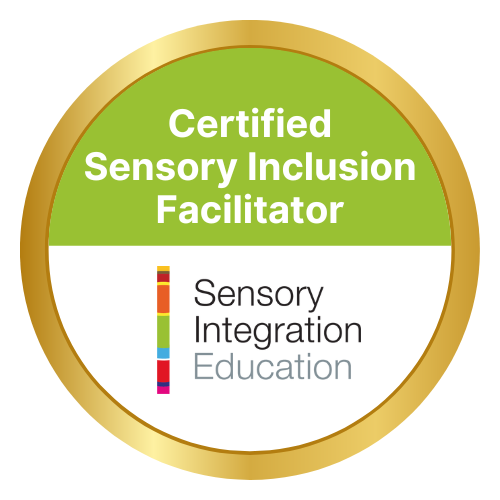
Our Memberships



